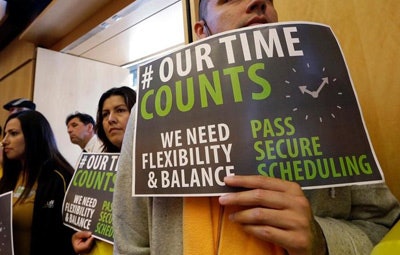Last August, graduate students at Columbia University successfully campaigned for unionization. In what is now known as “the Columbia Decision,” the National Labor Relations Board, or NLRB, ruled that graduate students at private universities should be recognized as a workforce and thus be permitted to seek unionization and bargaining rights.
While some expected a sudden and systemic shift towards unionization at the nation’s other prominent institutions to follow, the transformation has been slow to materialize.

Over a year after the Columbia decision, the University of Chicago held an election last week to determine whether its graduate students would also form a union. More than 1,500 ballots were cast, and 70 percent voted in favor of unionization.
“The atmosphere is very charged here,” said Chaz Lee on Tuesday during the midst of the voting. As a seventh-year Ph.D. student and an organizer for Graduate Students United, or GSU, at the University of Chicago, Lee has witnessed the evolution of this campaign. He explained that although the Columbia decision provided an impetus for concrete action, GSU has worked for over a decade to represent the interests of the graduate student community.
“We’ve inherited a very good organization from our forbearers who started GSU in 2007,” Lee said. “If you’re on campus right now, what you’d be really feeling is just the general excitement and pride that we’ve finally made it to this point.”
That said, there were many phases and obstacles preceding the election. Last fall, GSU voted to affiliate with the American Federation of Teachers, or AFT, a national union that would provide legal and other resources to local chapters.














